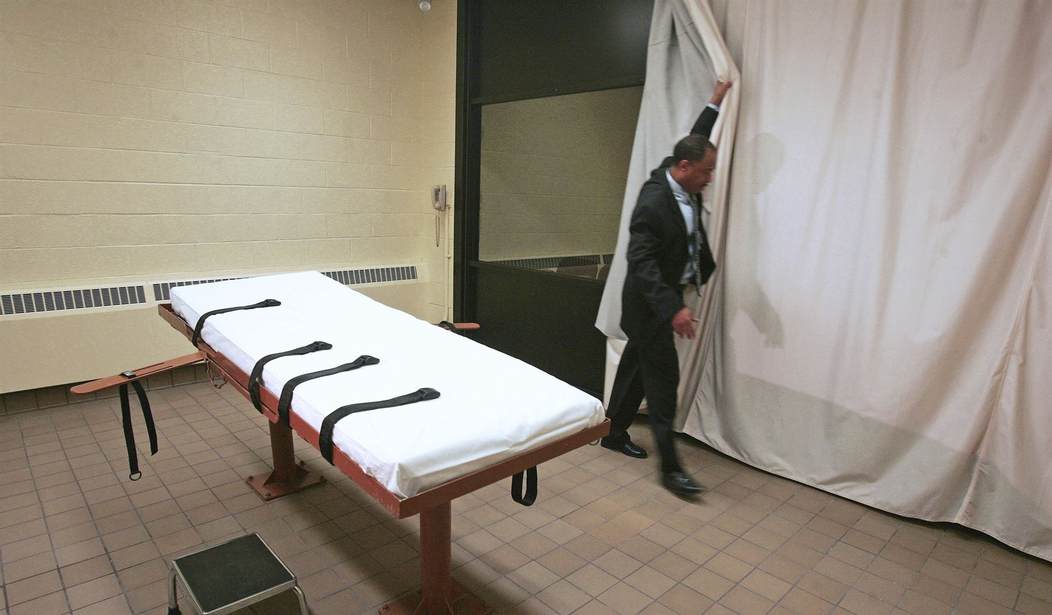In recent years, many states have moved away from lethal injections for those on death row, and some have moved away from the death penalty altogether. But some states are actively pushing back against this trend, such as my home state of South Carolina. Recently, South Carolina Gov. Henry McMaster signed into law a new bill that forces death row inmates to choose between the electric chair or a firing squad, so that the state can resume executions after a 10-year pause.
Some have argued that South Carolina's return to the "old ways" of executions -- such as reinstating the firing squad -- are inhumane. Two inmates are suing, claiming the law is unconstitutional. On the flip side, as the governor stated, aren't families and loved ones of victims of death row inmates allowed closure, as would be afforded under the new law? The decision by the South Carolina legislature and the governor is a step in the right direction to restore justice for not only the families of victims but also the victims themselves.
In 1977, the U.S. Supreme Court ruled that capital punishment is constitutional and, since that ruling, most the death penalty cases have pertained to the execution of those convicted of committing murder. The penalty of death is the most important catalyst to limiting the imitation of the worst kinds of crimes -- principally, murder. According to Procon, "the death penalty is an important tool for preserving law and order, deters crime, and costs less than life imprisonment." However, beyond merely lessening the numerical burden on taxpayers, maintaining not just the idea of justice but to actualize it through a penalty system is perhaps the greatest equalizer of those who are willing to push all standards of morality and ethics through their behavior and blatant disregard for their fellow mankind.
This isn't just a pedagogical exercise about the epistemology of what is or isn't just, but rather an adherence to a tradition of having standards that serve as a catalyst for expectations of living in a civil society.
Recommended
It cannot be lost upon any of us the reality that there have been several death penalty convictions that were later overturned, such as the case of George Stinney, a 14-year-old African American who was sentenced to death by the electric chair in 1944 for the deaths of two white girls. He was the youngest person sentenced to death and subsequently executed in the U.S. in the 20th century. Tragically, his conviction wasn't overturned until 2014. Death sentences often are overturned, and there are examples of life sentences being overturned, which indeed does create pause for concern. These are issues that require attention and correction, but they should not be utilized as a reason to remove and dismiss the death penalty altogether.
We must maintain every notion and reality of justice; there can be no civil society without it. There can't be safety, freedom or liberty without standards and expectations, and despite how heavy an acceptance it may be, it is absolutely critical that states be allowed to continue with the death penalty in some form. Many have criticized South Carolina and McMaster -- unfairly, I believe.
Supreme Court Justice Sonia Sotomayor, who you might find to be a surprising supporter of the firing squad, wrote in the case of Thomas Douglas Arthur, who killed his girlfriend's husband in 1982, "In addition to being near instant, death by shooting may also be comparatively painless." In the case about which she wrote, Sotomayor concluded that "condemned prisoners, like Arthur, might find more dignity in an instantaneous death rather than prolonged torture on a medical gurney."
There must be some form to hold murderers accountable and, historically, the death penalty has been the most effective way of doing so. It could very well be that a firing squad is the most humane way, especially compared to lethal injection, where there have been cases of prisoners experiencing excruciating pain for over an hour. These examples are certainly worthy of our consideration and discussion. But one thing is clear: We still need the death penalty, if for no other reason, as a deterrent for other potential criminals.

























Join the conversation as a VIP Member